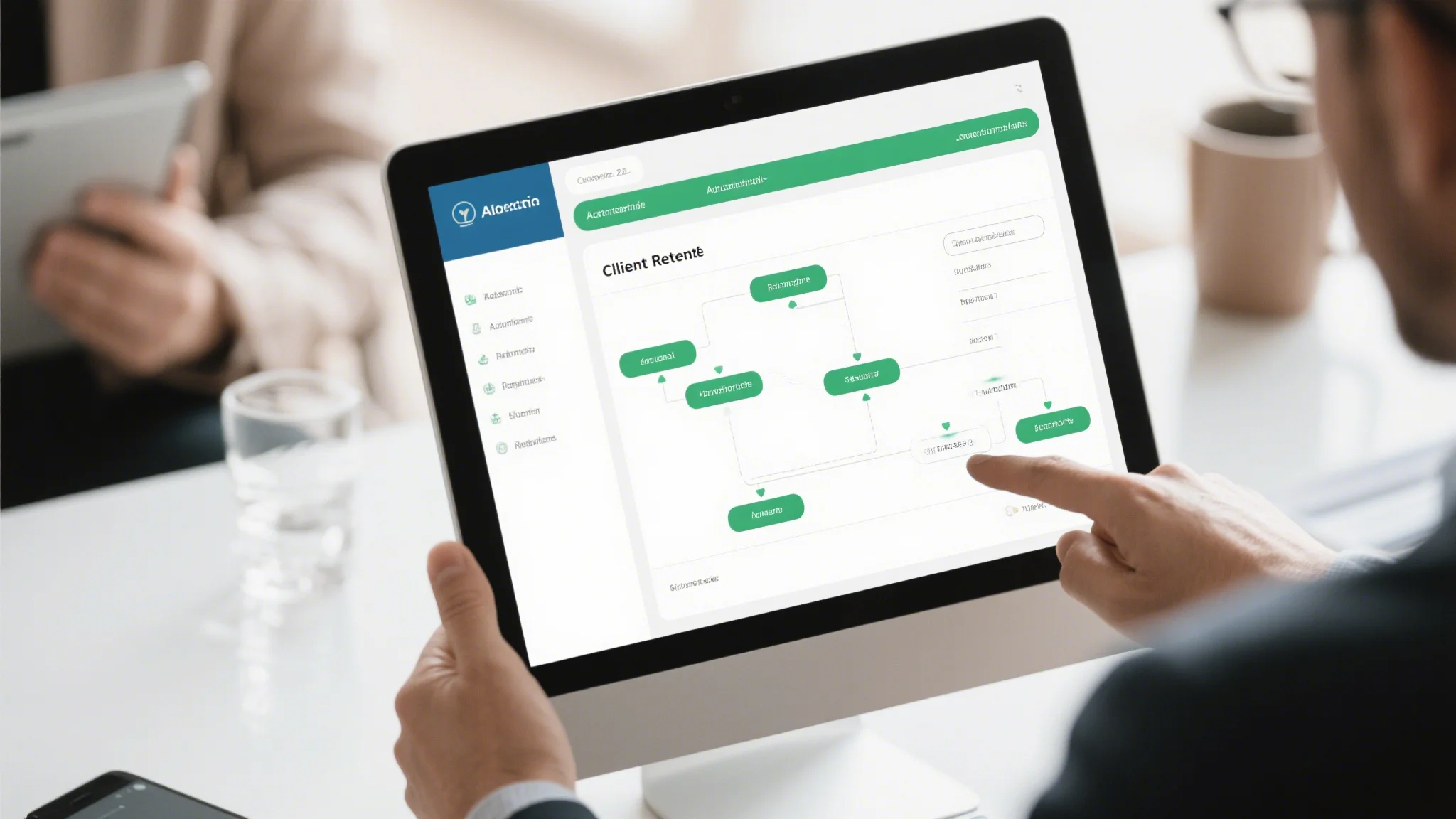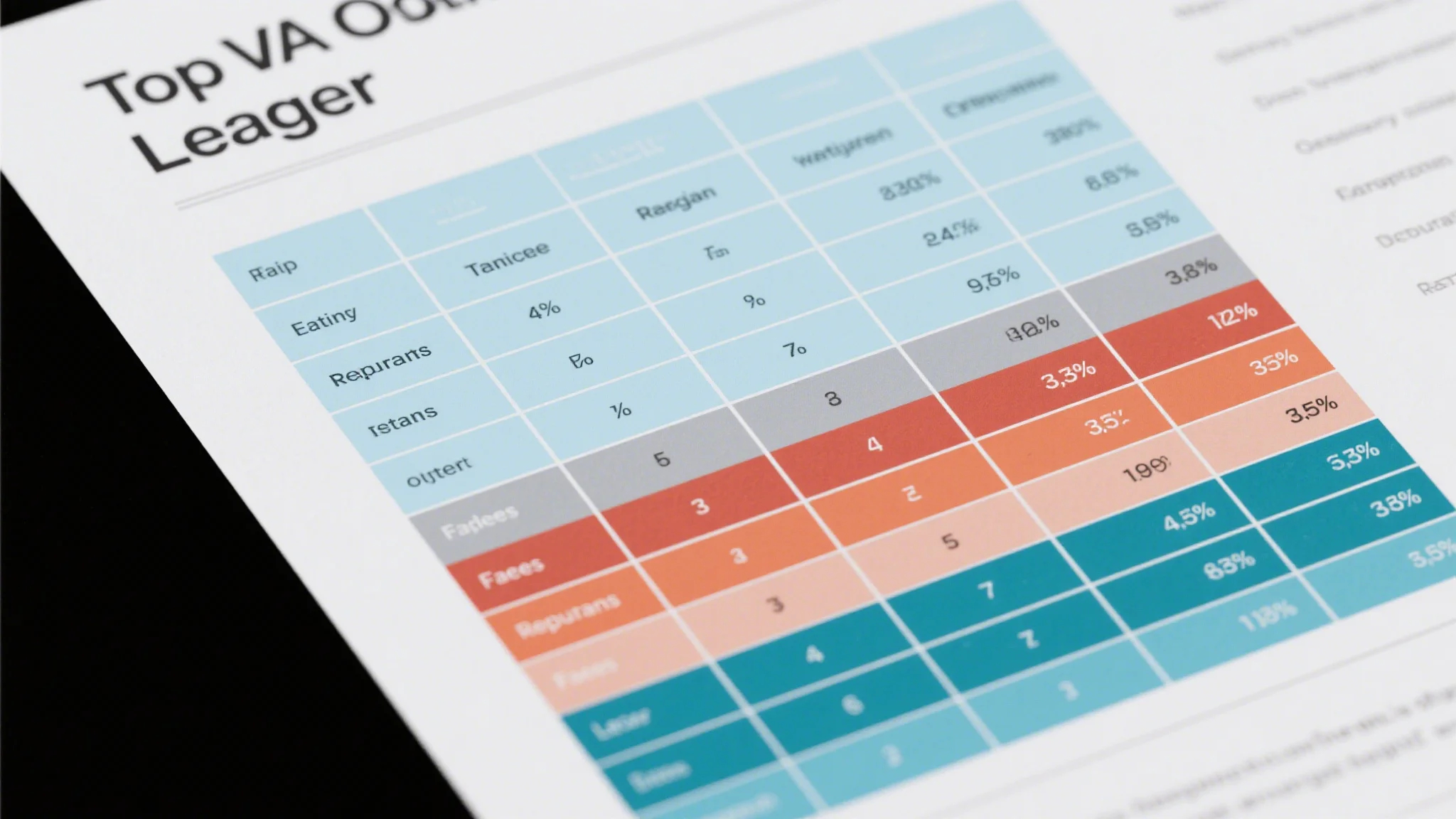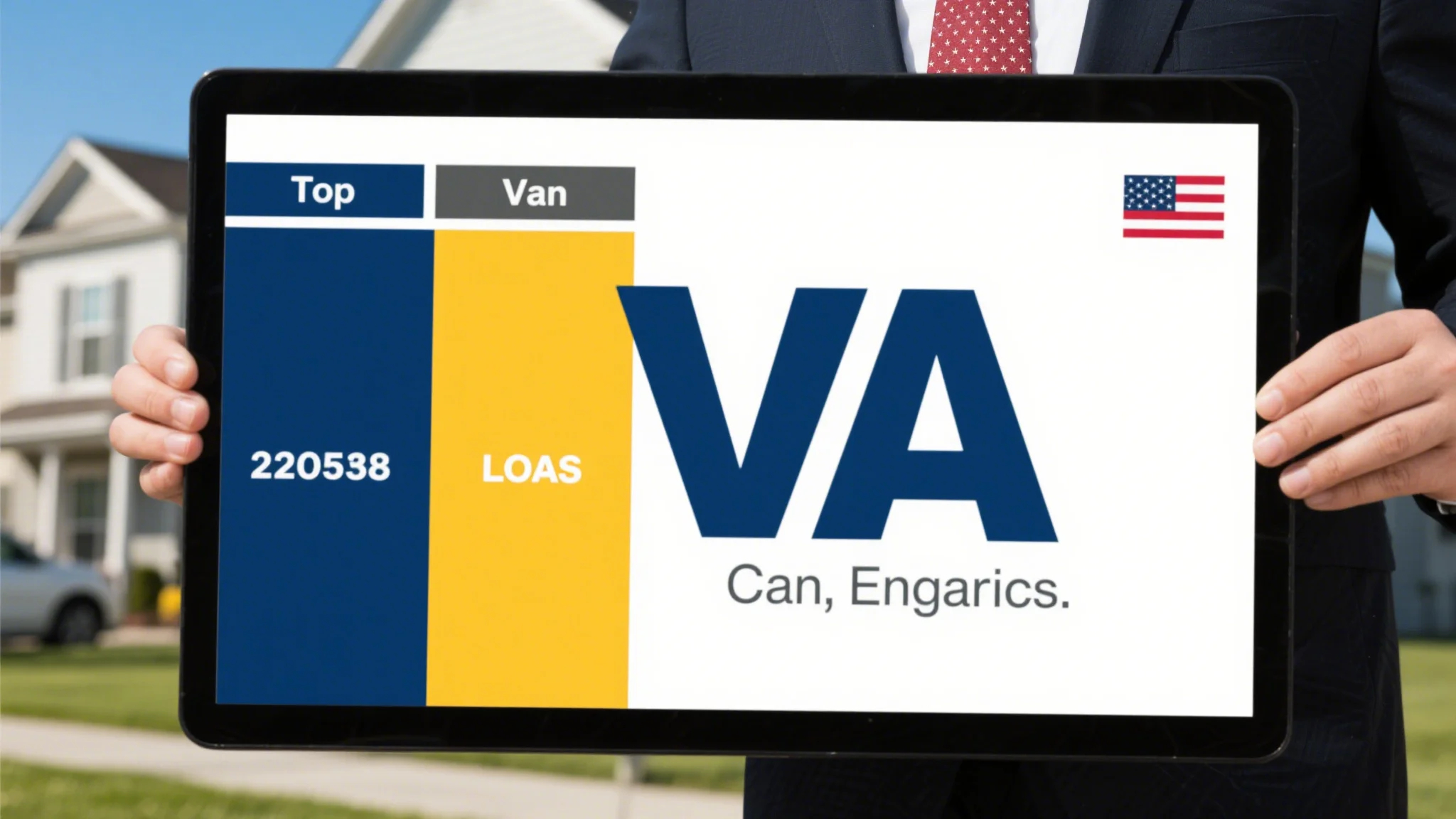When it comes to financing a home, veterans and eligible military service members have a unique advantage: the VA home loan program. Administered by the Department of Veterans Affairs (VA), this loan option is designed to help veterans achieve homeownership with minimal financial burden. However, like any financial product, VA home loans come with their own set of pros and cons.

In this article, we’ll explore the benefits and drawbacks of using VA home loan benefits to help you make an informed decision. Whether you’re a veteran looking to buy your first home or an eligible service member considering your options, understanding the pros and cons is crucial.
The Pros of VA Home Loans
Zero Down Payment Requirement
One of the most attractive features of VA home loans is the zero down payment requirement. Unlike conventional mortgages, which often require a down payment of 3% to 20% of the home’s value, VA loans allow you to purchase a home with no money down. This makes homeownership more accessible for veterans who may not have significant savings.
Low Interest Rates
VA loans typically offer competitive interest rates, which can save you thousands of dollars over the life of the loan. These low rates are often lower than those available on FHA or conventional loans, making VA loans a cost-effective option for many borrowers.
Flexible Credit Requirements
VA loans are known for their flexible credit guidelines. While traditional lenders may require a high credit score (670 or above), VA loans often have more lenient requirements, making it easier for veterans with lower credit scores to qualify.
No Private Mortgage Insurance (PMI)
With a VA loan, you won’t need to pay private mortgage insurance (PMI), which is typically required with conventional loans when the down payment is less than 20%. This can save you hundreds of dollars each month.
Assistance for Rural Veterans
The VA also offers special programs for veterans living in rural areas. The VA’s rural development loan program provides additional benefits, such as lower interest rates and reduced fees, to make homeownership more accessible in underserved areas.
Streamlined Refinancing Options
VA loans offer streamlined refinancing options, allowing veterans to refinance their current loan into a more favorable one without the need for a full credit check or appraisal. This can be a valuable tool for those looking to reduce their monthly mortgage payments or lock in a lower interest rate.
The Cons of VA Home Loans
Limited to Eligible Veterans
Not all veterans qualify for VA home loans. Only those who have served in the military and meet specific eligibility criteria, such as having a qualifying discharge status, can apply. This can limit the program’s accessibility to a subset of veterans.
VA-Approved Homes
VA loans are only available for homes that meet certain criteria. The property must be a primary residence and must be appraised by a VA-approved appraiser. This can sometimes lead to delays or complications if the home doesn’t meet VA standards.
VA Funding Fee
While VA loans don’t require a down payment, they do come with a VA funding fee. This fee is calculated based on the loan amount and the borrower’s military status. The fee ranges from 1.4% to 3.3%, depending on the loan type and whether the borrower is a first-time homebuyer.
Loan Limits
VA loans have maximum loan limits, which vary by county. In high-cost areas, the loan limit may not cover the entire purchase price of a home, requiring the borrower to make a down payment or seek additional financing.
VA-Specific Fees
In addition to the funding fee, VA loans may come with other fees, such as appraisal fees or inspection fees. These fees can add to the overall cost of the loan and may not be as flexible as those associated with other loan types.
Potential for Bureaucratic Delays
The VA loan process can be slower than other loan types due to the involvement of multiple government agencies. This can be frustrating for borrowers who are eager to close on their home.
Eligibility for Future Purchases
Once a VA loan is used, the borrower may lose eligibility for future VA loans unless the loan is refinanced or the property is sold. This can be a drawback for those who plan to move or upgrade their home in the future.
Weighing the Pros and Cons
When deciding whether a VA home loan is the right choice, it’s important to weigh the benefits against the drawbacks based on your personal financial situation and goals. Here are some key considerations:
Financial Situation
If you’re struggling to save for a down payment or have a lower credit score, the pros of a VA loan (zero down payment, flexible credit requirements) may outweigh the cons. On the other hand, if you have the savings for a down payment and excellent credit, a conventional loan might offer better terms in the long run.
Location
If you’re planning to live in a rural area, the additional benefits of the VA’s rural development program can make a VA loan a more attractive option. However, if you’re in a high-cost urban area, the loan limits may be a limiting factor.
Long-Term Goals
Consider how long you plan to stay in the home. If you’re looking to upgrade or move in the near future, the potential loss of VA loan eligibility could be a drawback.
Military Status
Only eligible veterans and military service members can apply for a VA loan. If you’re unsure about your eligibility, it’s important to consult with a VA loan officer or financial advisor.
Making the Decision
Ultimately, the decision to use VA home loan benefits depends on your unique circumstances. For many veterans, the benefits of a VA loan far outweigh the drawbacks, especially when it comes to achieving homeownership with minimal financial burden. However, it’s important to fully understand the terms and conditions of the loan and to compare it with other financing options to ensure it’s the best choice for you.
If you’re a veteran or eligible military service member considering a VA home loan, take the time to research your options and consult with a trusted financial advisor or VA loan specialist. With the right information and guidance, you can make a confident and informed decision about your homeownership journey.
This concludes the two-part guide on the pros and cons of using VA home loan benefits. By understanding the advantages and challenges, you can determine whether a VA loan is the right choice for your financial goals and lifestyle.



